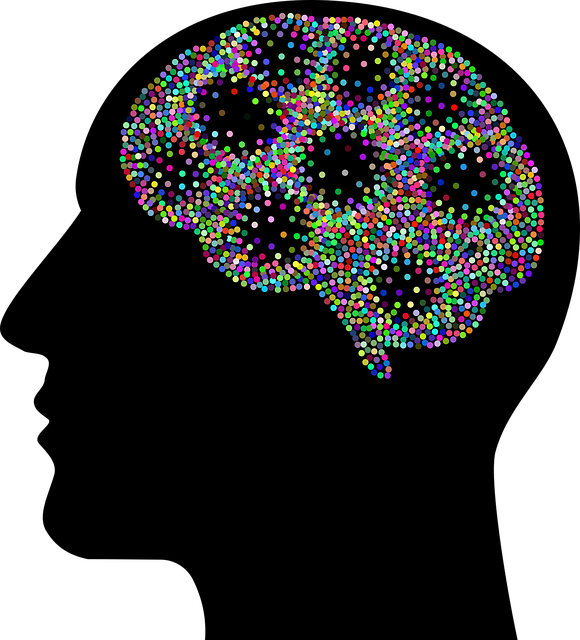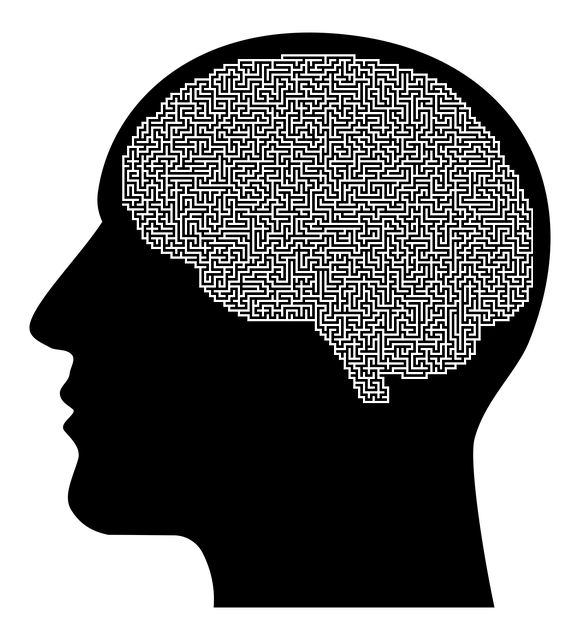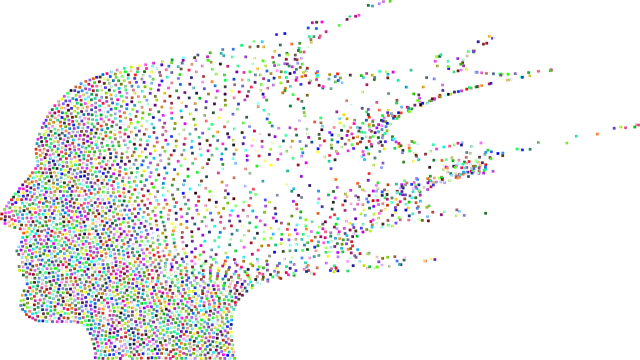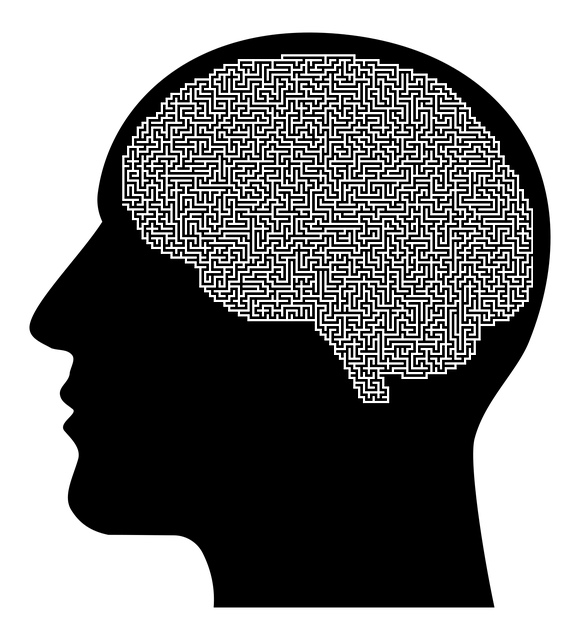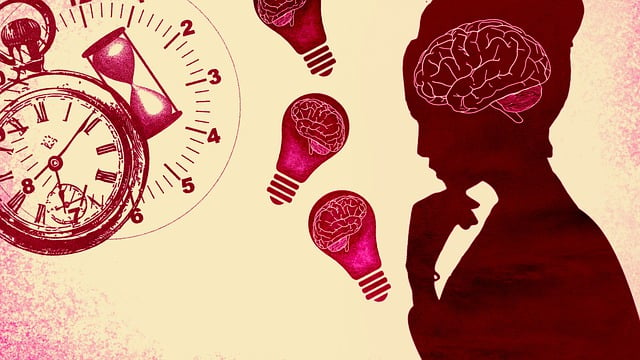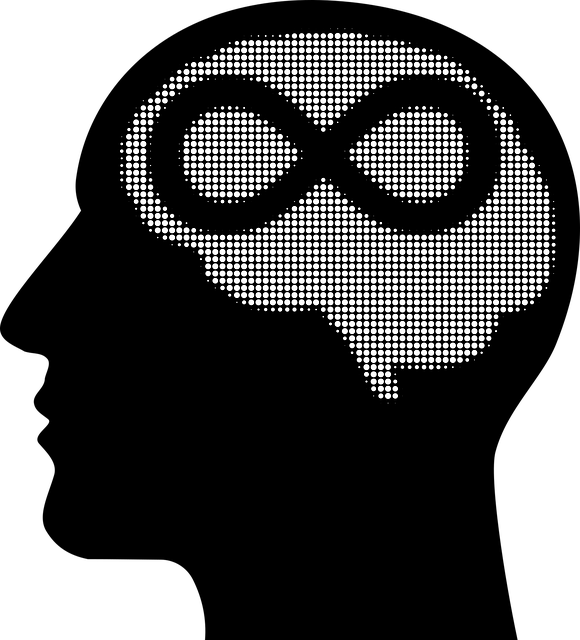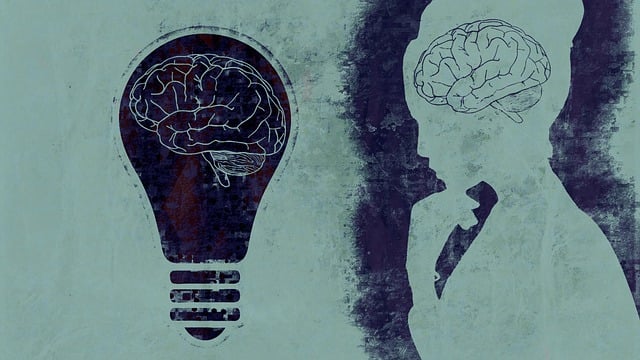Boulder Psychosis Therapy offers digital self-assessment tools for mental wellness, providing structured frameworks to evaluate emotional, psychological, and behavioral states. These assessments facilitate introspection, helping individuals recognize strengths, identify concerns, and take proactive steps towards resilience, balance, and informed decisions about anxiety relief, confidence boosting, and stress reduction. By integrating AI chatbots, cultural competency training, and guided journaling, these tools simplify mental health management while encouraging personal growth through evidence-based practices like CBT and mindfulness meditation.
Mental wellness self-assessment tools have evolved, offering individuals valuable insights into their psychological well-being. This article delves into the development of such tools, focusing on the principles behind effective assessments and modern technology’s role in enhancing mental health support. We explore strategies for integrating feedback to foster personal growth, drawing from the comprehensive framework of Boulder Psychosis Therapy. By harnessing digital tools, we can navigate the complex landscape of mental wellness with greater clarity and empowerment.
- Understanding Mental Wellness Self-Assessment: Unlocking Individual Insights
- The Role of Technology: Digital Tools for Effective Assessment
- Integrating Feedback and Personal Growth Strategies
- Boulder Psychosis Therapy: A Comprehensive Framework for Assessment Development
Understanding Mental Wellness Self-Assessment: Unlocking Individual Insights

Mental Wellness Self-Assessment tools serve as powerful gateways to individual understanding and self-awareness. By providing structured frameworks for evaluating one’s emotional, psychological, and behavioral states, these assessments offer valuable insights into mental health and well-being. This process empowers individuals to recognize their strengths, identify areas of concern, and take proactive measures toward fostering resilience and balance.
For instance, tools developed by professionals like Boulder Psychosis Therapy can help users navigate through complex emotions, understand triggers for stress and anxiety (like those seeking Anxiety Relief), and even uncover underlying factors contributing to low self-esteem or confidence issues. By encouraging introspection, these assessments enable individuals to make informed decisions regarding their mental health, leading to the adoption of Confidence Boosting strategies and Stress Reduction Methods.
The Role of Technology: Digital Tools for Effective Assessment

In the realm of mental wellness self-assessment, technology plays a pivotal role in enhancing access and effectiveness. Digital tools offer a convenient and accessible means for individuals to assess their mental health, particularly for those who may face barriers such as geographical constraints or social anxiety. Online platforms provide a safe space for users to engage with interactive assessments, receive immediate feedback, and gain personalized insights into their mental wellness. These tools can include a range of applications, from artificial intelligence-driven chatbots offering preliminary evaluations to comprehensive digital journals that guide users through self-reflection exercises.
For instance, Boulder Psychosis Therapy leverages technology to develop user-friendly assessment solutions. Their platform incorporates features like resilience-building modules and cultural competency training for healthcare providers, ensuring inclusive and effective care. Additionally, they offer mental wellness journaling exercise guidance, enabling individuals to track their progress, identify patterns, and cultivate a deeper understanding of their emotional well-being. Such digital innovations not only streamline the assessment process but also empower users to take an active role in maintaining and improving their mental health.
Integrating Feedback and Personal Growth Strategies

The process of integrating feedback from self-assessment tools is a pivotal step in fostering personal growth and enhancing mental wellness. At Boulder Psychosis Therapy, we recognize that understanding one’s emotional landscape is key to promoting overall well-being. By analyzing the insights gained from these assessments, individuals can identify areas of concern and develop targeted strategies for improvement. This may involve adopting new Emotional Well-being Promotion Techniques or refining existing coping mechanisms to manage stress more effectively.
For instance, a self-assessment might reveal excessive anxiety levels, prompting an individual to prioritize Stress Management techniques such as mindfulness meditation or regular exercise. Alternatively, it could highlight the need for better Self-Care Routine Development, encouraging practices like journaling, spending time in nature, or engaging in hobbies to nurture mental health. Through this iterative process, individuals gain a deeper understanding of their emotional responses and equip themselves with powerful tools for long-term mental wellness.
Boulder Psychosis Therapy: A Comprehensive Framework for Assessment Development

Boulder Psychosis Therapy offers a comprehensive framework for developing mental wellness self-assessment tools. This innovative approach focuses on integrating various therapeutic techniques and mindfulness practices to create a holistic assessment that caters to the intricate nature of human psychology. By combining elements from evidence-based treatments, such as Cognitive Behavioral Therapy (CBT) and Compassion Cultivation Practices, these tools aim to provide individuals with a deeper understanding of their mental health status.
The framework emphasizes the importance of Mental Wellness Coaching Programs Development, encouraging self-reflection and personal growth. Through tailored questions and exercises, users can explore their thoughts, emotions, and behaviors, fostering increased self-awareness. Moreover, by incorporating insights from the growing field of Mental Health Awareness, these assessments can help break down stigma and promote a more compassionate approach to addressing psychological well-being.
Mental wellness self-assessment tools, like Boulder Psychosis Therapy’s comprehensive framework, are transforming personal growth. By combining understanding, technology, and integrated feedback strategies, these tools offer valuable insights for individual development. Embracing digital solutions in mental health assessment paves the way for more accessible and effective support, empowering folks to take charge of their well-being.




